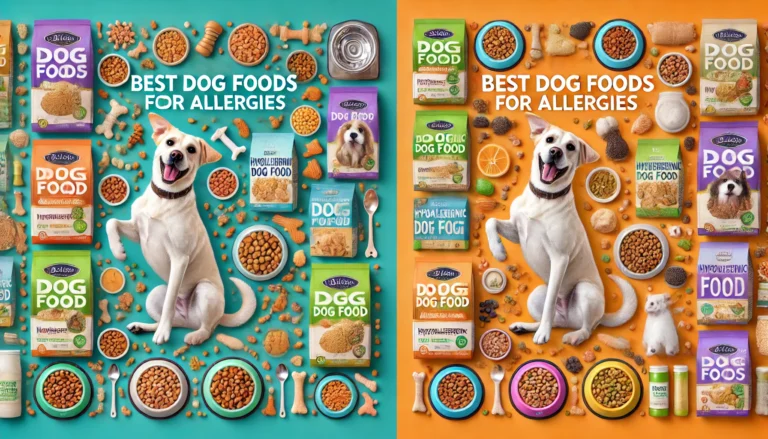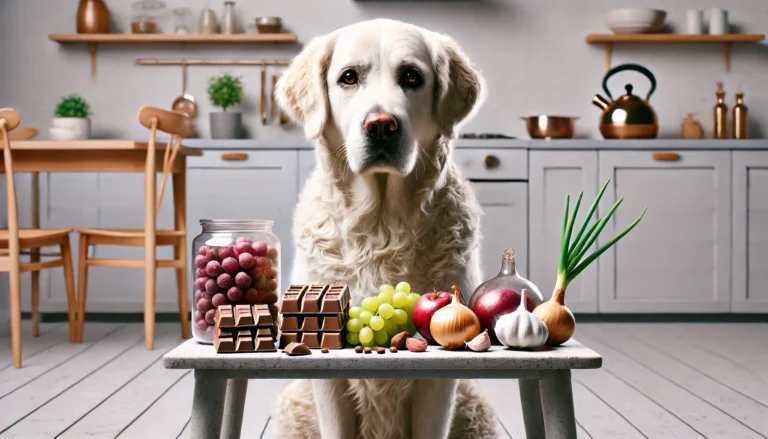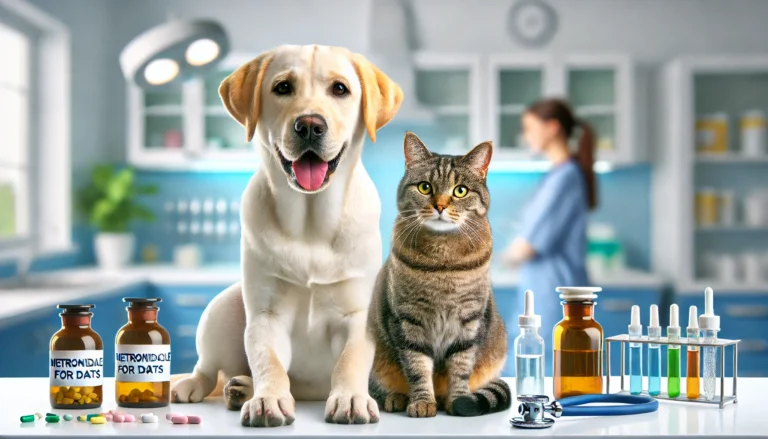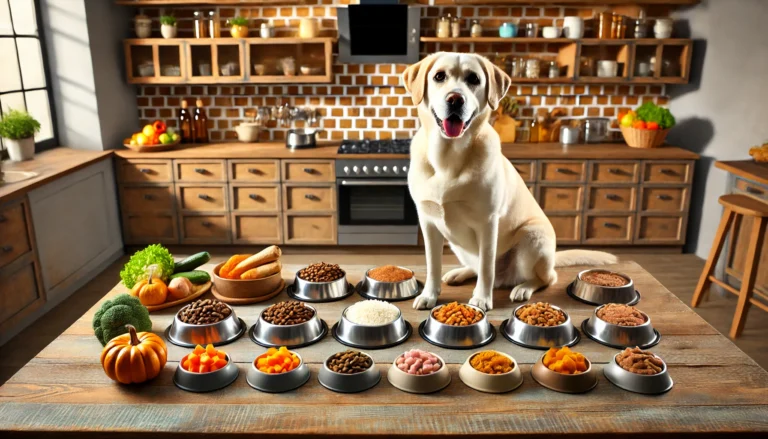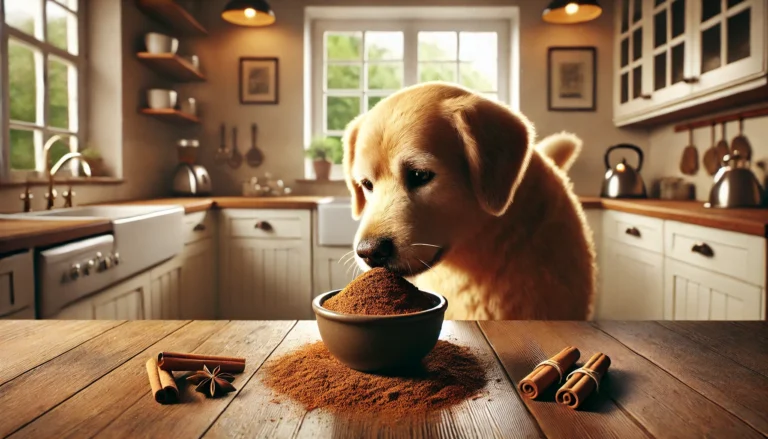What Vegetables Can Dogs Eat? A great Guide to know about
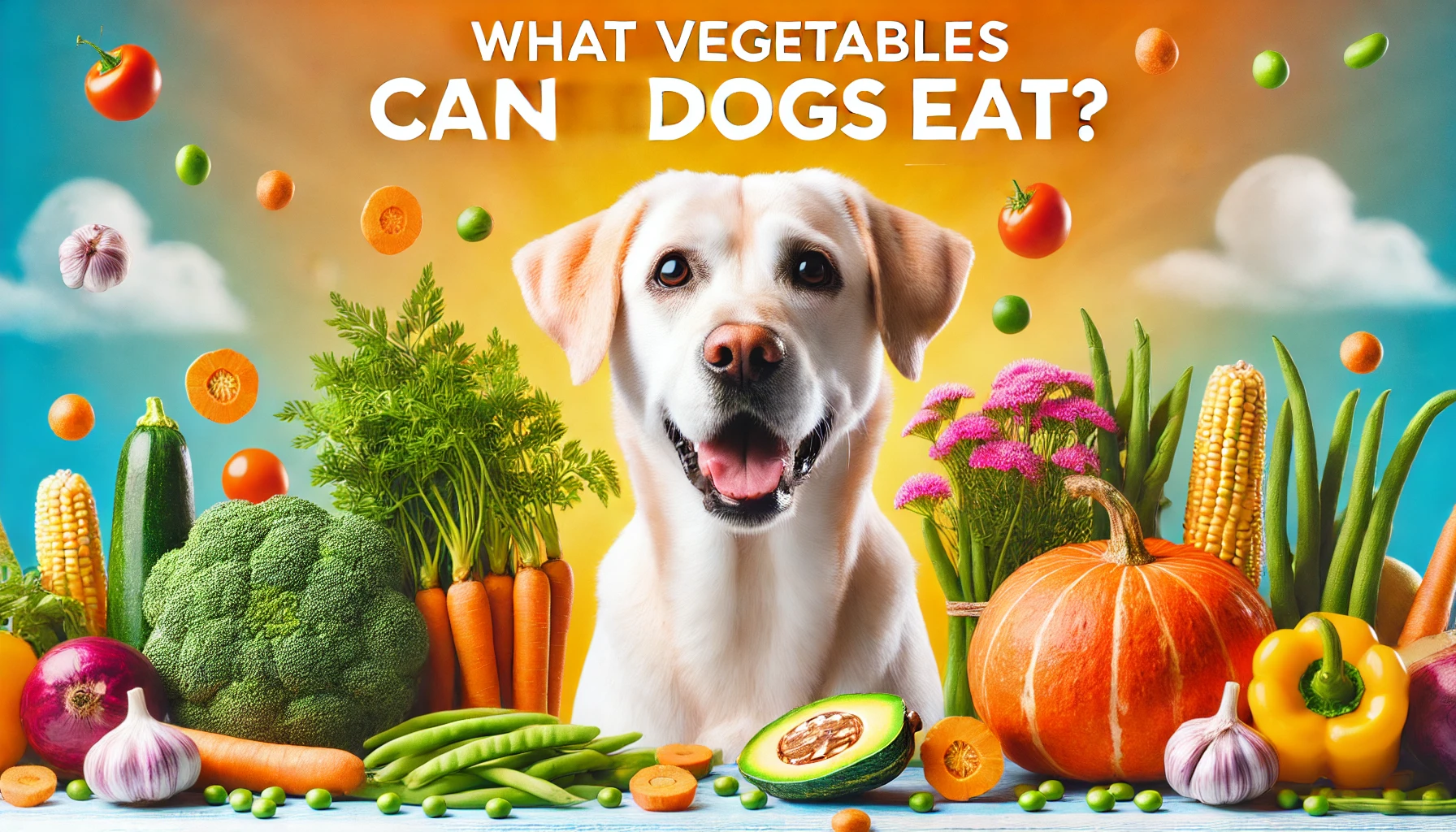
Know What Vegetables Can Dogs Eat?
When it comes to feeding your dog a balanced diet, incorporating vegetables can be a wonderful way to provide them with essential nutrients and fiber. However, not all vegetables are safe for canine consumption, and some can even be harmful. This article provides a detailed overview of the vegetables that are safe for dogs to eat, those that should be avoided, and tips on how to introduce these new foods into your dog’s diet.
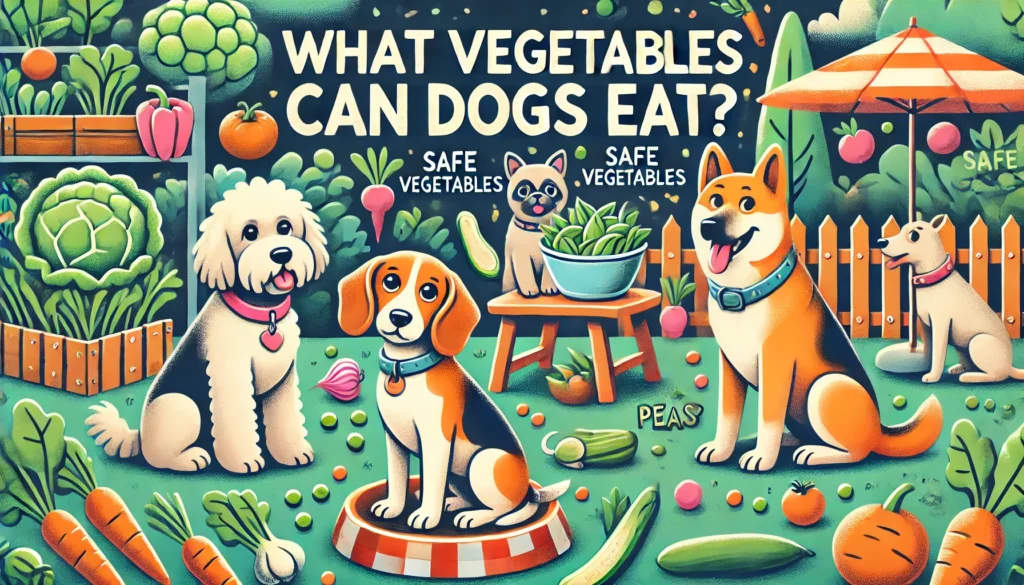
Safe Vegetables for Dogs
1. Carrots: Both raw and cooked carrots are safe and healthy for dogs. They are low in calories and a good source of fiber and vitamins. Chewing on raw carrots can also help improve your dog’s dental health.
2. Green Beans: Plain green beans, whether chopped, steamed, raw, or canned, are safe for dogs as long as they are given without any added salts or seasonings. They are low in calories and packed with important nutrients.
3. Sweet Potatoes: Cooked sweet potatoes are a fantastic source of dietary fiber, vitamin B6, vitamin C, and beta-carotene. Raw sweet potatoes can be hard for dogs to digest, so they should always be cooked and never served raw.
4. Pumpkin: Plain pumpkin is a great choice for dogs with digestive issues, as it is high in fiber, which can help regulate bowel movements. Ensure it is canned pure pumpkin and not pumpkin pie mix, which contains added sugars and spices.
5. Peas: Peas are a good source of vitamins K and C, magnesium, and several B vitamins. They can be added to your dog’s diet frozen, steamed, or canned, but without added sodium.
6. Broccoli: This vegetable is safe for dogs in small quantities as it is high in fiber and vitamin C and low in fat. However, large amounts can cause gastrointestinal irritation.
7. Spinach: Although high in vitamins A, B, C, and K, spinach contains oxalates, which can cause kidney and bladder problems in dogs. It should be fed in moderation.
8. Lettuce, Cabbage, and Kale: These leafy greens are generally safe for dogs and can add moisture and fiber to their diet. However, they should be given in moderation, as they can cause gas in some dogs.
9. Zucchini: This is a safe and healthy vegetable for dogs, and it’s also low in calories.
10. Bell Peppers: Red, green, and yellow bell peppers are safe for dogs. They’re high in vitamins A, E, and C, and antioxidants, though they should be given in moderation to avoid stomach upset.
Vegetables to Avoid
While many vegetables are safe for dogs, some can be toxic or hard to digest:
1. Onions and Garlic: All members of the allium family (which includes onions, garlic, leeks, and chives) are toxic to dogs. They can cause gastrointestinal irritation and could lead to red blood cell damage.
2. Grapes and Raisins: Though not a vegetable, it’s important to note that grapes and raisins are very toxic to dogs and can cause kidney failure.
3. Avocado: Avocado contains persin, a fungicidal toxin, which can cause health problems in many animals, including dogs.
4. Raw and Green Potatoes: Raw potatoes, especially green ones, are harmful because they contain solanine, a compound that is toxic to some dogs.
5. Mushrooms: Wild mushrooms can be toxic, and because it can be difficult to distinguish safe from toxic mushrooms, it’s best to avoid them altogether.
How to Introduce Vegetables Into Your Dog’s Diet
Start Small: Introduce any new food into your dog’s diet gradually. Start with small amounts to see how your dog reacts.
Cooked is Often Best: While many vegetables can be fed raw, cooking them can enhance digestibility and eliminate any potential toxins.
Consult Your Vet: Before making any significant changes to your dog’s diet, it’s a good idea to consult with a veterinarian. This is particularly important if your dog has existing health issues.
Observe: Keep an eye on your dog after introducing new vegetables. Look for signs of gastrointestinal distress or food allergies, such as itching, lethargy, or digestive upset.
Do you know
Reverse sneezing in dogs is a common respiratory phenomenon that may sound alarming to dog owners, but it is usually harmless. This event is characterized by loud, snorting sounds and wheezing, often causing concern that the dog is choking or experiencing breathing troubles
Conclusion of What Vegetables Can Dogs Eat
Vegetables can be a healthy addition to your dog’s diet, providing variety and essential nutrients. Remember to introduce new foods slowly and ensure that all vegetables are prepared in a safe manner. With a careful approach, you can enrich your dog’s diet with a range of healthy vegetables that they will enjoy.
Can dogs eat spinach?
Yes, dogs can eat spinach in moderation. It contains vitamins and minerals but also has oxalates, which can interfere with calcium absorption and might contribute to kidney issues.
Can dogs eat cauliflower?
Yes, dogs can eat cauliflower. It’s nutritious and can be served either raw or cooked, provided it’s given plain without any seasoning.
Can dogs eat lettuce?
Yes, dogs can eat lettuce. It’s mostly water, low in calories, and can be a refreshing treat, especially on hot days.
Can dogs eat cabbage?
Yes, dogs can eat cabbage. It offers nutrients like vitamins, fiber, and antioxidants but should be given in moderation due to its potential to cause gas.
Is broccoli good for dogs?
Yes, broccoli is good for dogs in moderation. It is high in fiber and vitamin C, but the florets contain isothiocyanates, which can cause gastric irritation if consumed in large quantities.
Can dogs eat zucchini?
Yes, zucchini is safe and healthy for dogs, low in calories, and a good source of fiber.
Can dogs eat kale?
Yes, but in moderation due to potential gastric irritation from compounds like calcium oxalate and isothiocyanates.
What vegetables can dogs eat?
Dogs can safely eat vegetables such as carrots, peas, green beans, sweet potatoes, and pumpkin. These vegetables provide essential nutrients and are easy on the digestive system when prepared properly.
What are the best vegetables for dogs?
The best vegetables for dogs include carrots for their dental health, green beans for low calorie content and nutrients, and sweet potatoes for fiber and vitamins.
Is spinach good for dogs?
Spinach is good in very small amounts, providing vitamins and minerals but should be limited due to oxalates.
Is cauliflower good for dogs?
Yes, it is beneficial due to its nutrient content and digestibility when served plain and cooked.
Is cabbage good for dogs?
Cabbage is beneficial for its fiber and antioxidant properties but should be introduced slowly to prevent gas.

